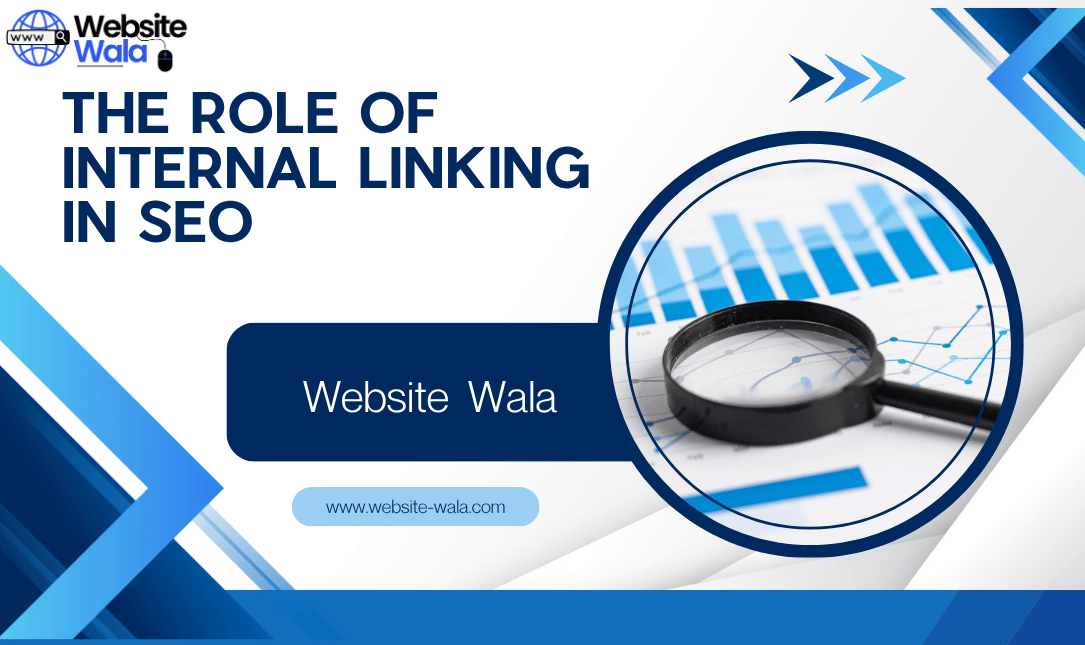
Discover How to Leverage SEO Data for Better Decision Making to enhance your digital marketing strategy, optimize content, and boost website performance.
How to Leverage SEO Data for Better Decision Making
In today’s fast-paced digital world, SEO data plays a pivotal role in shaping a successful digital marketing strategy. Understanding How to Leverage SEO Data for Better Decision Making can help businesses gain actionable insights, improve website optimization, and drive consistent organic traffic growth. By effectively analyzing and interpreting search engine optimization metrics, brands can make informed choices that lead to measurable results.
Understanding the Importance of SEO Data in Decision Making
Before learning How to Leverage SEO Data for Better Decision Making, it’s crucial to grasp why SEO data is vital. SEO data reveals how users find and interact with your website. From keyword research and search engine traffic to web analytics and website performance, these data points reflect your site’s overall health and visibility.
By consistently monitoring and analyzing this information, marketers can identify trends, uncover new opportunities, and address potential weaknesses. In essence, SEO data acts as a compass that directs businesses toward smarter decision making.
Step 1: Gathering the Right SEO Data
The first step in mastering How to Leverage SEO Data for Better Decision Making is collecting accurate and relevant data. Reliable data sources include tools like Google Analytics, Google Search Console, SEMrush, Ahrefs, and Moz. These platforms provide comprehensive insights into organic traffic, keyword ranking, and website performance.
Key metrics to focus on include:
-
Organic traffic volume and trends
-
Keyword ranking improvements or declines
-
Bounce rate and user engagement metrics
-
Conversion rates from search visitors
-
Backlink profiles and referral sources
By gathering this information, you lay the foundation for effective data analysis and better search engine marketing strategies.
Step 2: Interpreting SEO Data for Actionable Insights
Once the data is collected, the next step in How to Leverage SEO Data for Better Decision Making is interpretation. Raw data is meaningless unless it’s transformed into actionable insights.
For instance, a spike in search engine traffic might indicate successful content optimization or a recent improvement in keyword ranking. Conversely, a drop in organic traffic could highlight technical issues or declining content relevance.
Marketers should segment their SEO data by:
-
Device type (mobile vs. desktop)
-
Geographic location
-
Landing pages
-
Traffic sources
This segmentation helps pinpoint which areas of your digital marketing strategy are thriving and which require attention.
Step 3: Aligning SEO Insights with Business Goals
The core of How to Leverage SEO Data for Better Decision Making lies in aligning your findings with your overall business objectives. SEO should never operate in isolation—it should directly support organizational goals such as lead generation, sales growth, or brand awareness.
For example:
-
If your goal is to increase organic traffic, focus on keyword research and content optimization.
-
If your aim is to boost conversions, refine your website optimization and landing page experience.
-
If you want to outperform competitors, conduct competitive analysis using top tools and techniques to assess their SEO performance.
By tying SEO data insights to specific goals, businesses ensure that every marketing effort contributes to measurable outcomes.
Step 4: Using Tools and Techniques for SEO Data Analysis
Effective data analysis requires leveraging the right tools and techniques. Google Analytics helps track user behavior, while Google Search Console identifies keyword ranking and indexing issues. Advanced platforms like SEMrush and Ahrefs are valuable for competitive analysis and backlink tracking.
Some essential tools for mastering How to Leverage SEO Data for Better Decision Making include:
-
Google Analytics: For understanding website performance and visitor behavior.
-
Ahrefs / SEMrush: For keyword research, backlink audits, and competitive analysis.
-
Google Data Studio: For visualizing trends and simplifying data analysis.
-
Screaming Frog: For technical website optimization and crawling analysis.
Utilizing these platforms ensures data accuracy and helps marketers follow SEO best practices consistently.
Step 5: Enhancing Content Optimization with SEO Data
One of the most powerful ways to apply How to Leverage SEO Data for Better Decision Making is through content optimization. By analyzing top-performing pages, you can identify which topics, keywords, and content types resonate most with your audience.
Here’s how SEO data can refine your content strategy:
-
Identify underperforming pages and refresh them with updated keywords.
-
Use keyword research to find new content opportunities.
-
Optimize metadata, headings, and visuals to improve engagement.
-
Monitor user behavior to understand which content drives search engine traffic and conversions.
This data-driven approach ensures every piece of content serves a clear purpose in your digital marketing strategy.
Step 6: Measuring and Adjusting Website Performance
A vital aspect of How to Leverage SEO Data for Better Decision Making is ongoing measurement. SEO is not a one-time project; it’s an evolving process that requires constant refinement. Regularly tracking website performance helps identify areas where improvements can boost organic traffic and visibility.
Important performance metrics include:
-
Page load speed
-
Mobile-friendliness
-
Click-through rates (CTR)
-
Time on page and bounce rate
When combined with web analytics, these metrics reveal how users interact with your website and whether your search engine optimization efforts are paying off.
Step 7: Conducting Competitive Analysis
Another key factor in How to Leverage SEO Data for Better Decision Making is understanding your competitors. Conducting thorough competitive analysis allows you to identify content gaps, backlink opportunities, and areas where competitors are outperforming you.
Analyze:
-
Their top-ranking keywords
-
Content formats driving the most search engine traffic
-
Backlink sources contributing to higher keyword ranking
By benchmarking your performance against competitors, you can adapt your digital marketing strategy and stay ahead in the ever-changing SEO landscape.
Step 8: Implementing SEO Best Practices Based on Data
Finally, the data you gather should inform your SEO best practices. Insights derived from SEO data should guide your on-page and off-page optimization efforts. Implementing evidence-based strategies ensures every SEO activity aligns with measurable performance improvements.
Key best practices include:
-
Consistent keyword research to refine targeting.
-
Continuous content optimization based on engagement metrics.
-
Technical website optimization for improved site speed and usability.
-
Monitoring and improving keyword ranking positions regularly.
This approach not only strengthens your search engine optimization but also supports long-term decision making and business growth.
Conclusion: Turning SEO Data into Strategic Power
Mastering How to Leverage SEO Data for Better Decision Making empowers businesses to transform raw information into actionable intelligence. By collecting, analyzing, and applying insights from SEO data, marketers can make smarter choices, enhance website optimization, and drive sustainable organic traffic growth.
In a competitive online environment, those who prioritize data analysis, embrace tools and techniques, and follow SEO best practices will consistently outperform those relying on guesswork. When applied strategically, SEO data doesn’t just inform decisions—it shapes the future of your entire digital marketing strategy.























